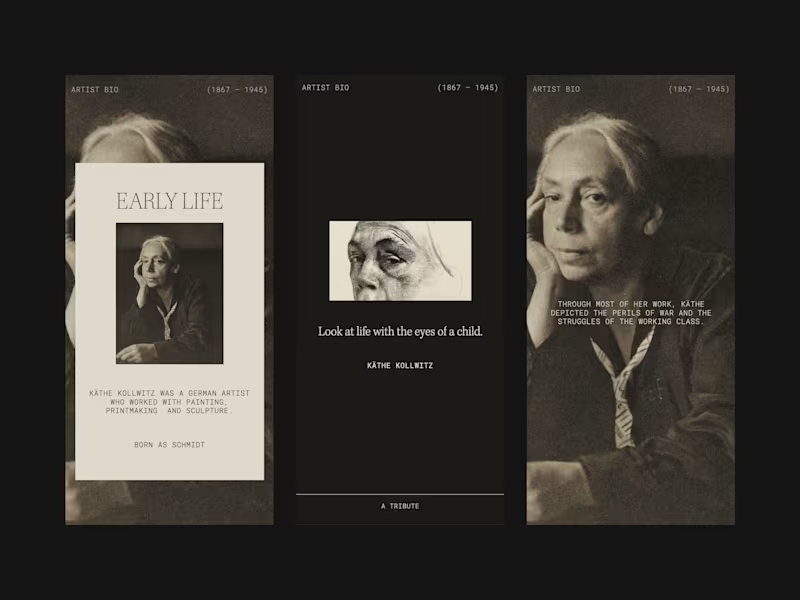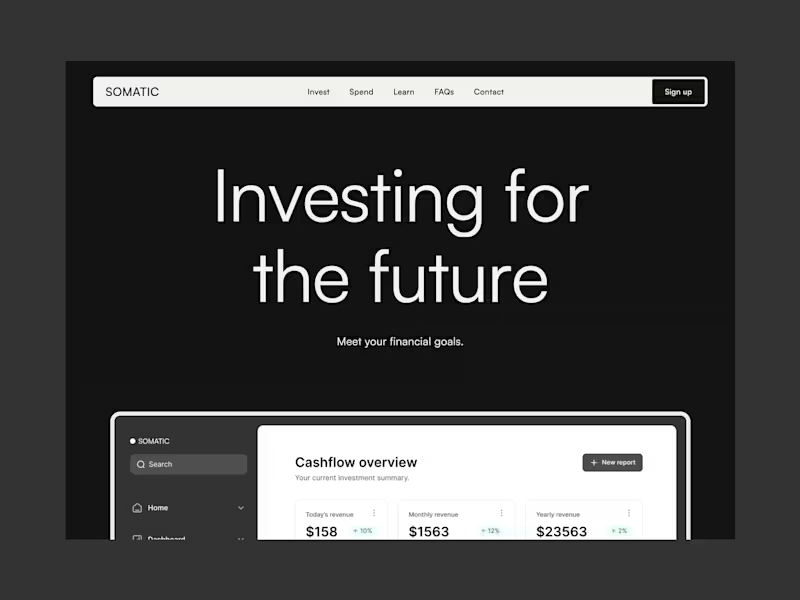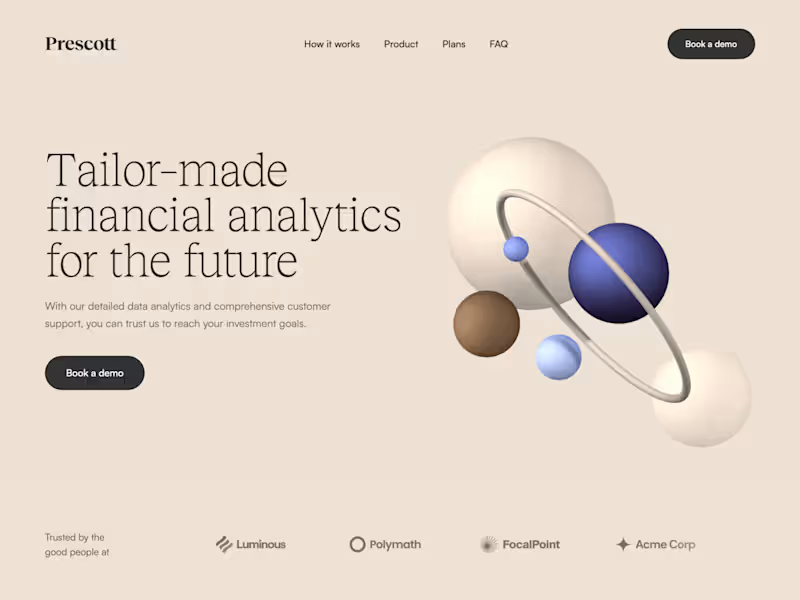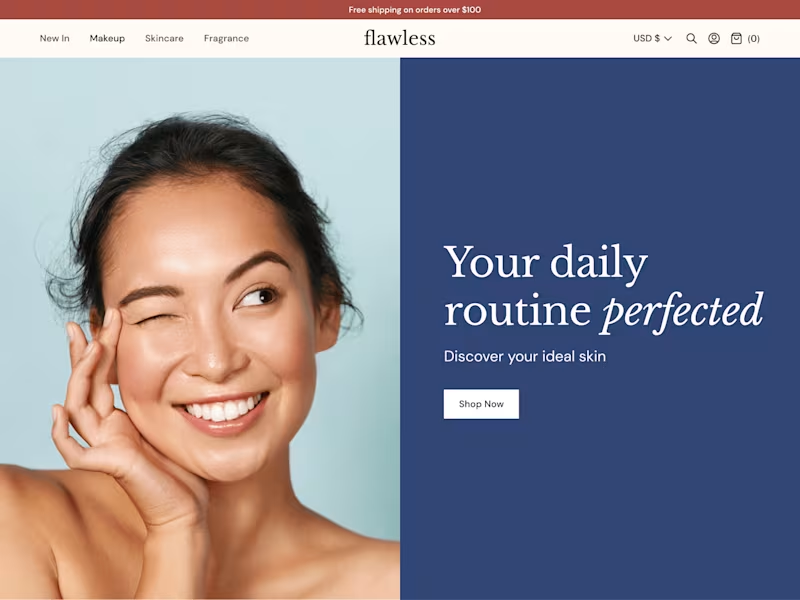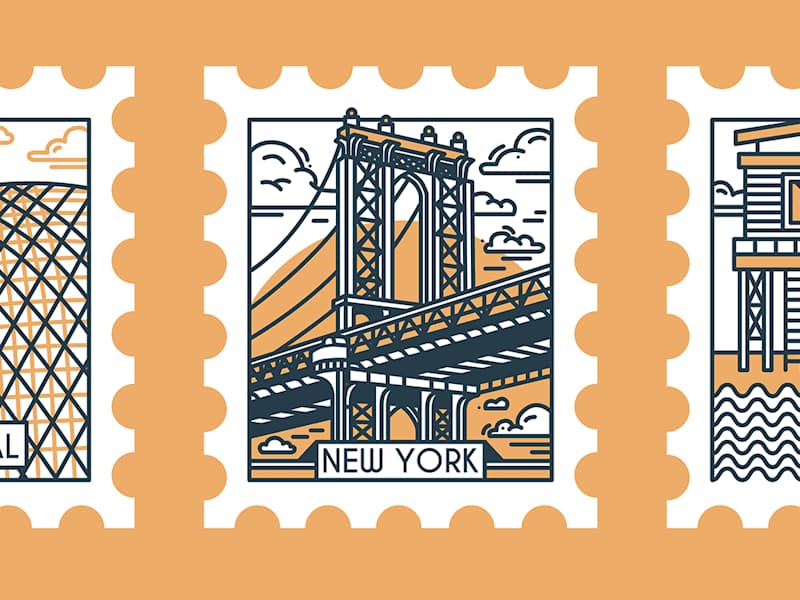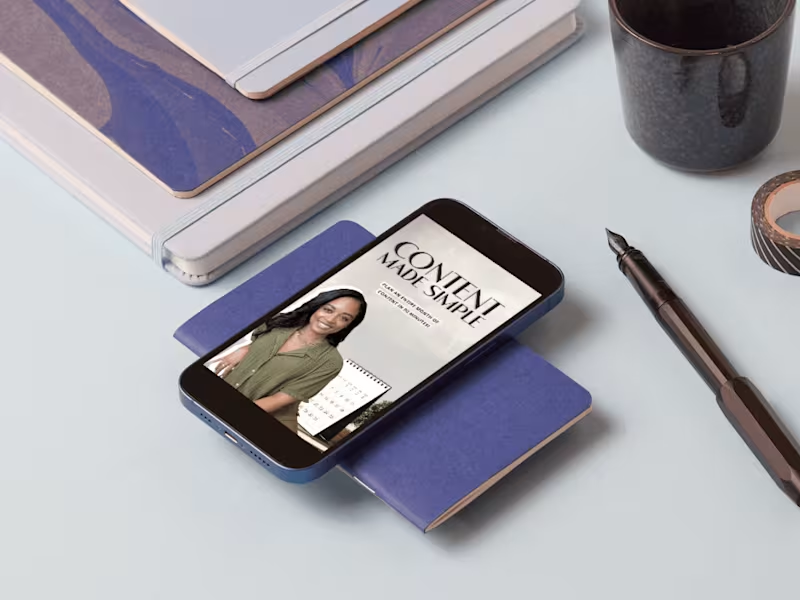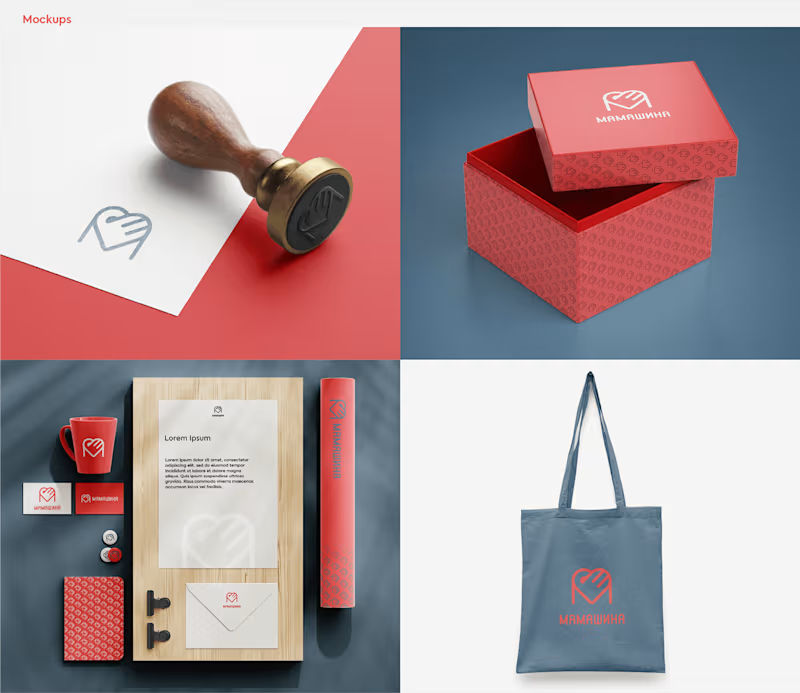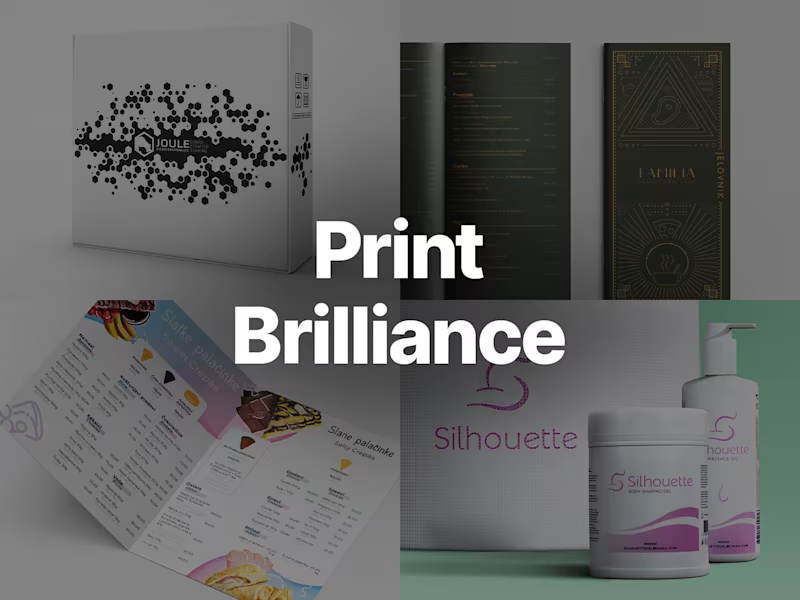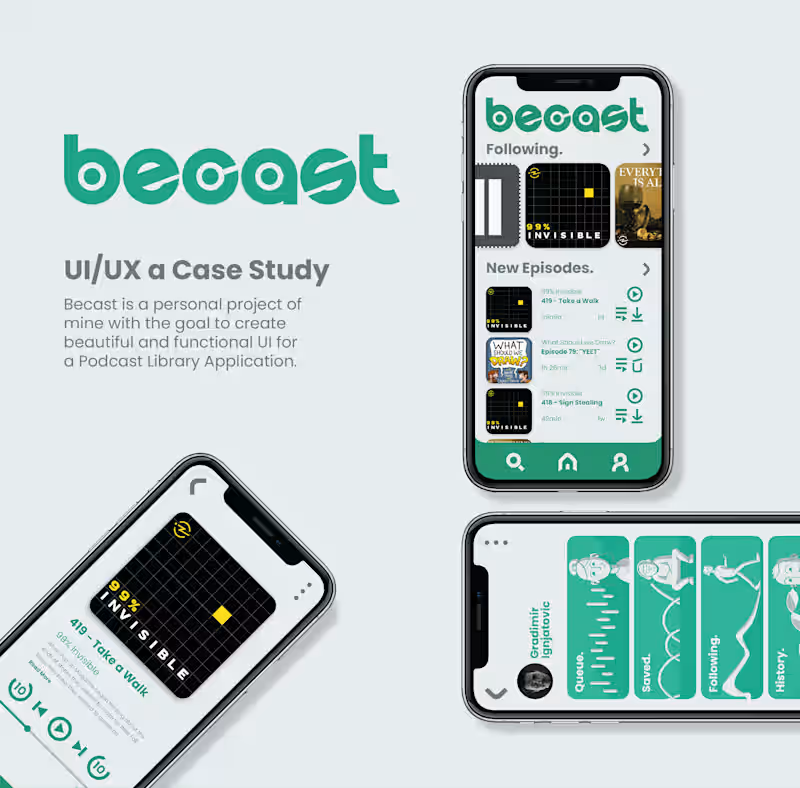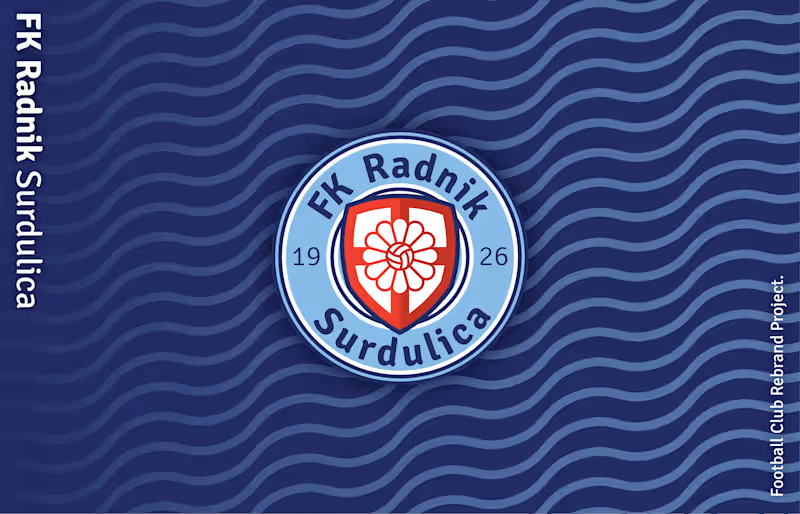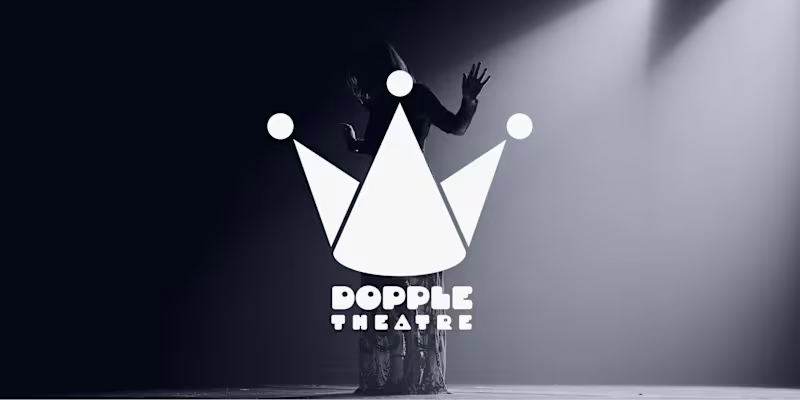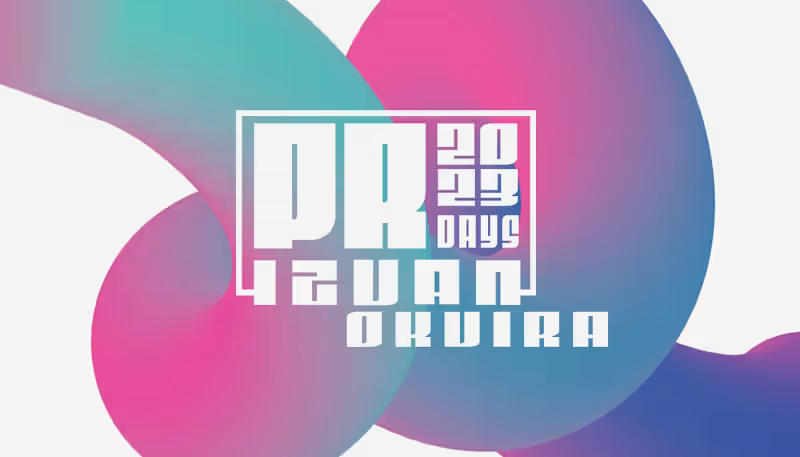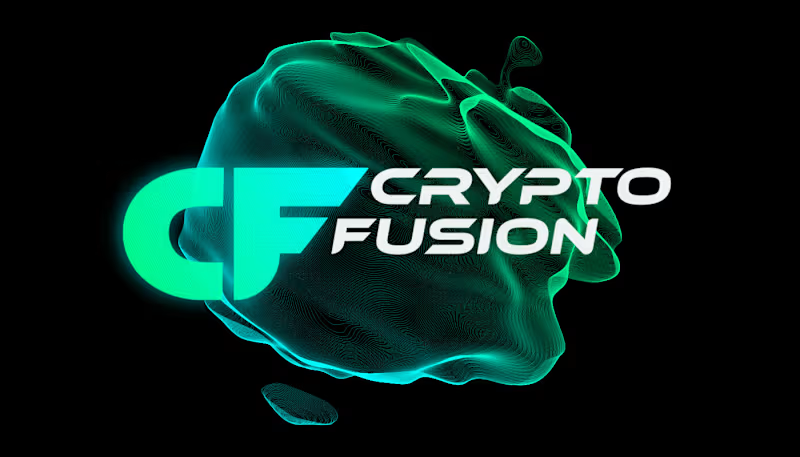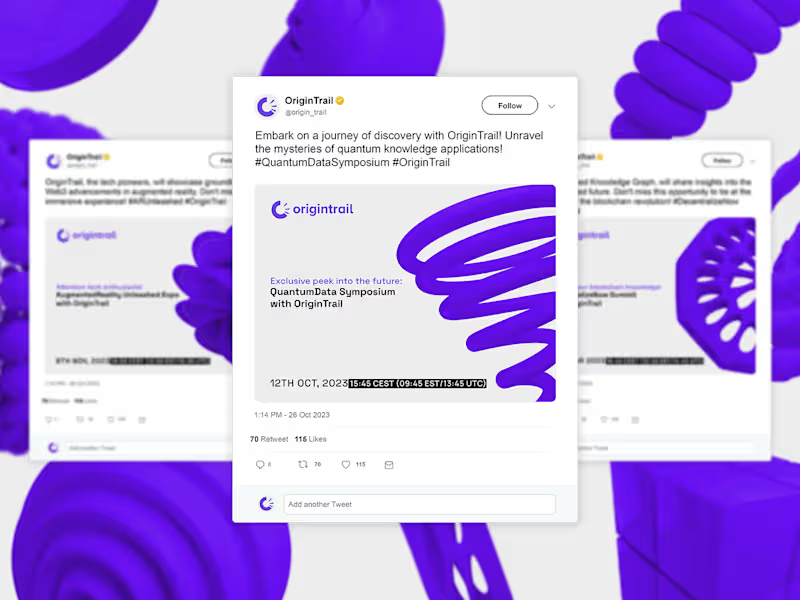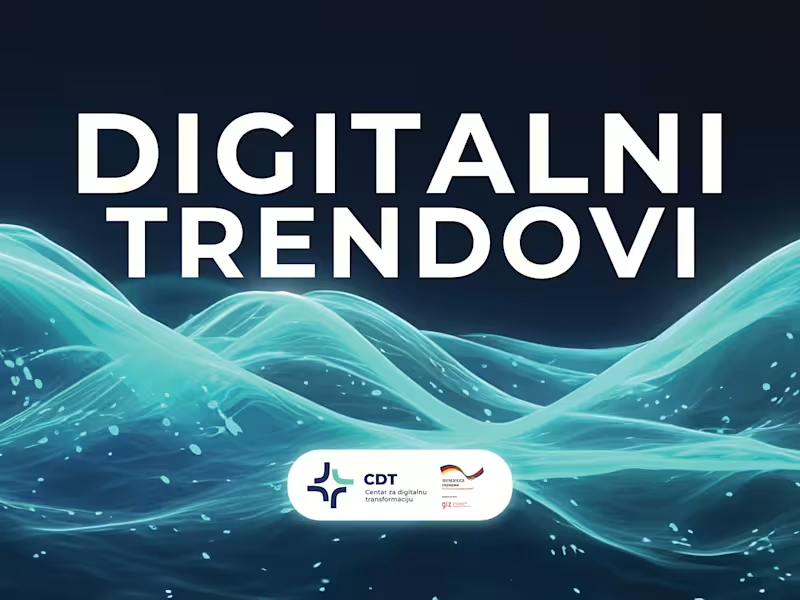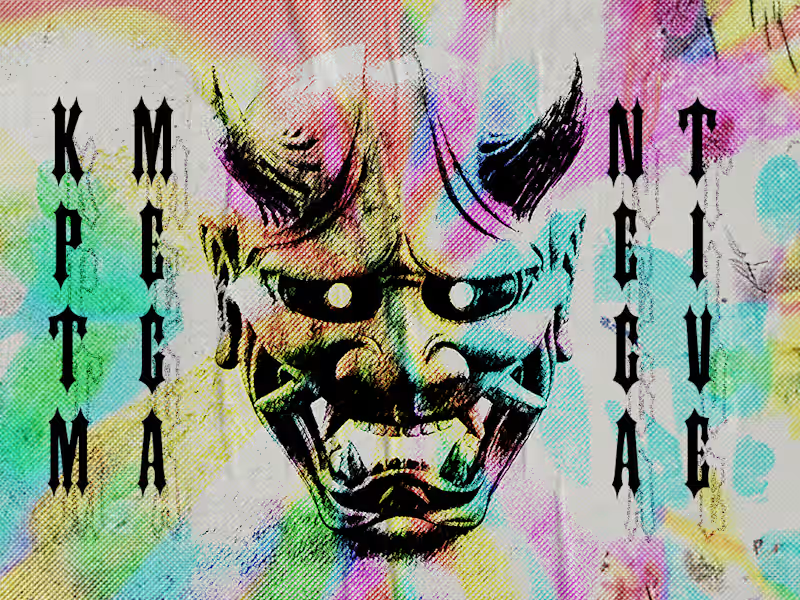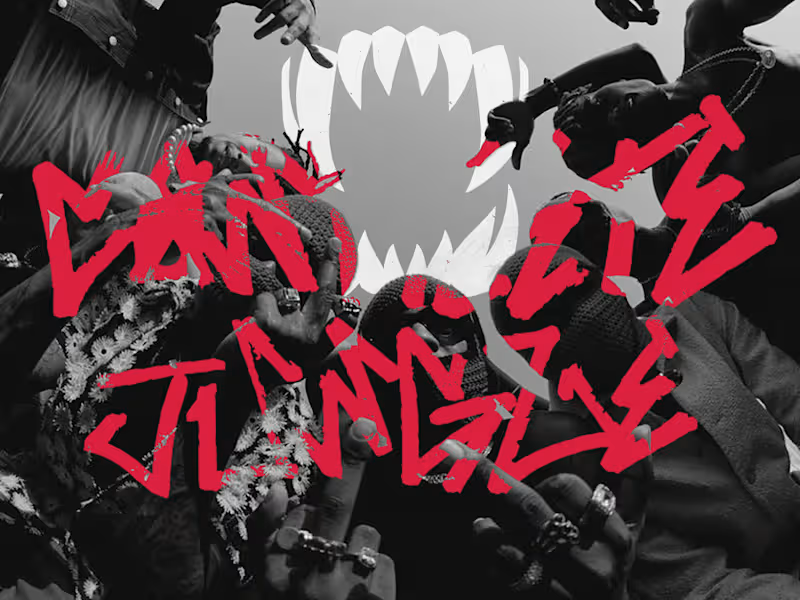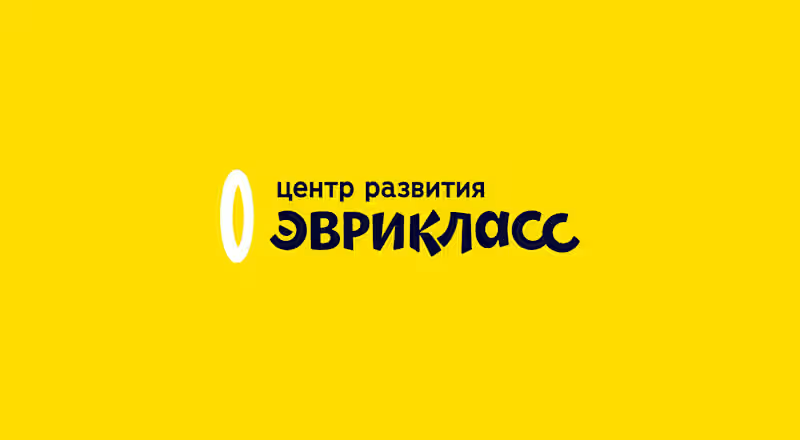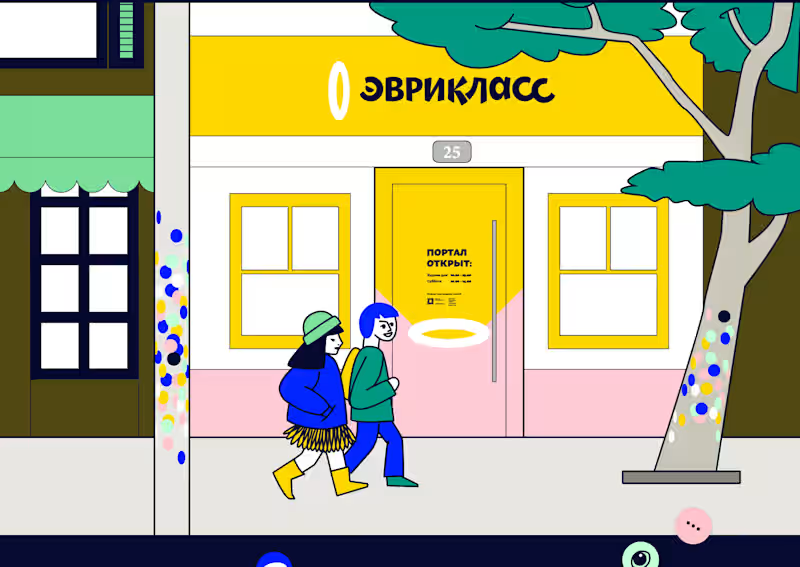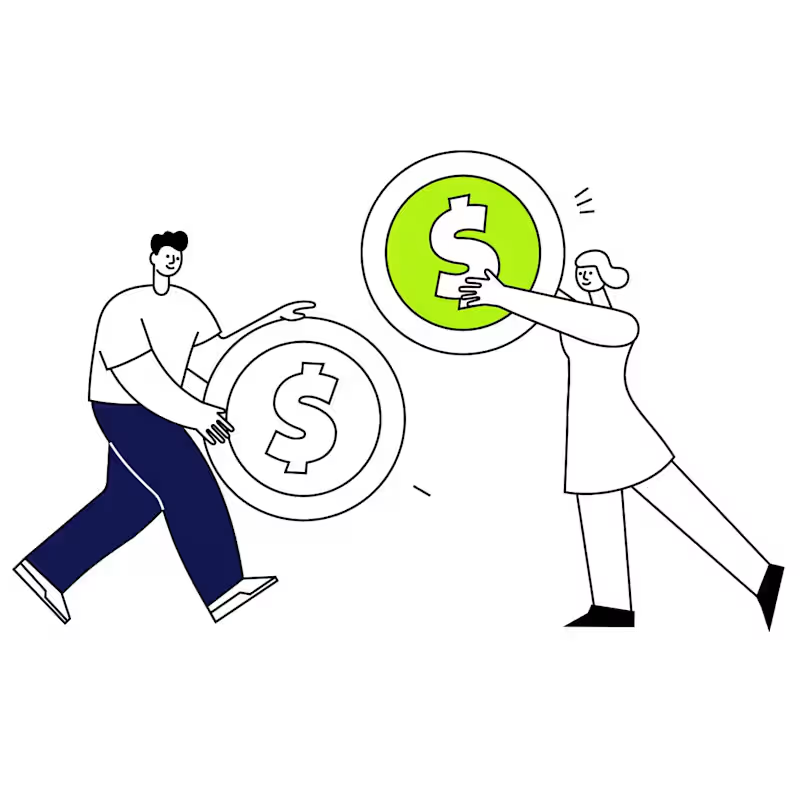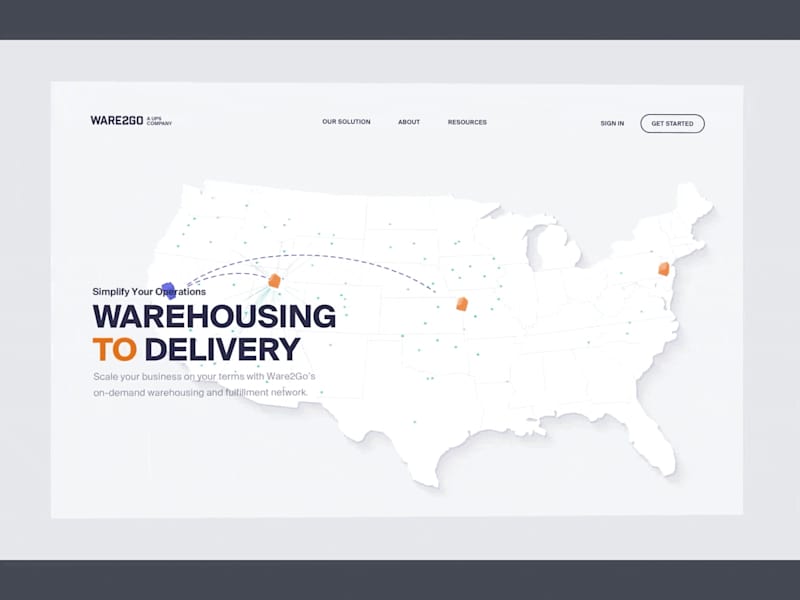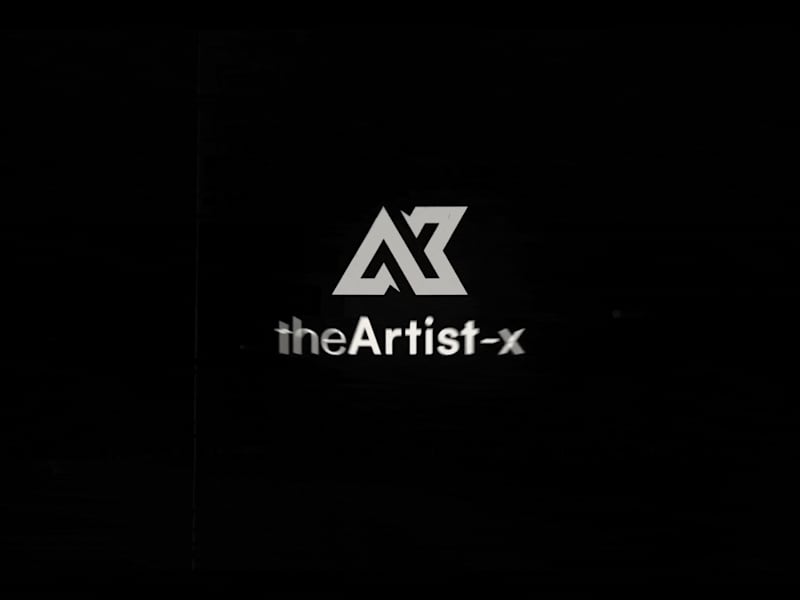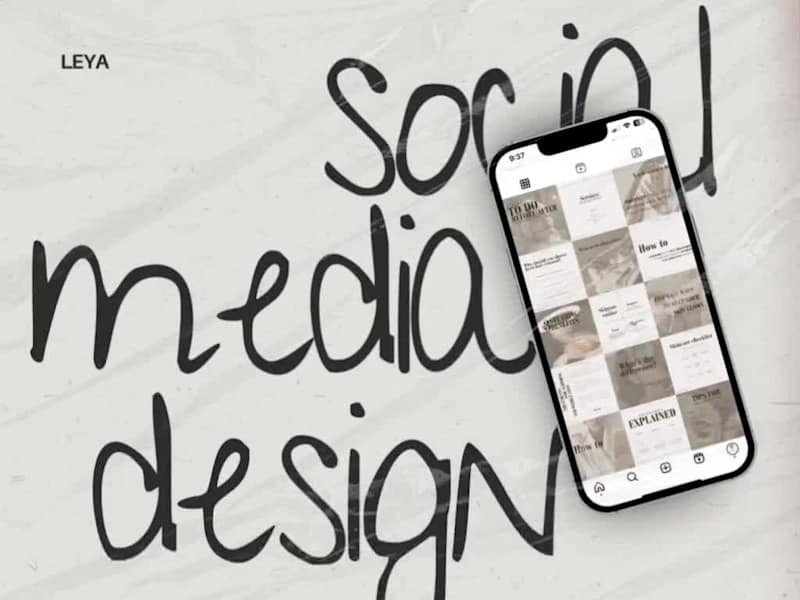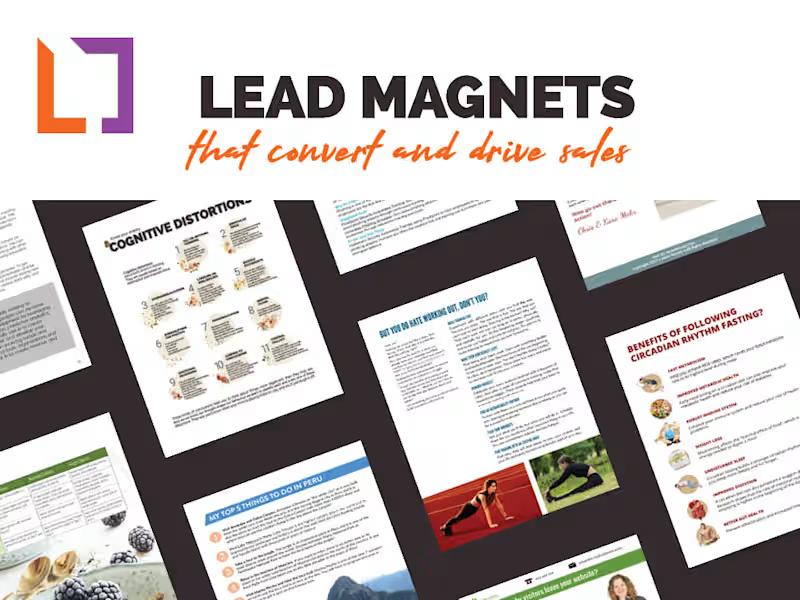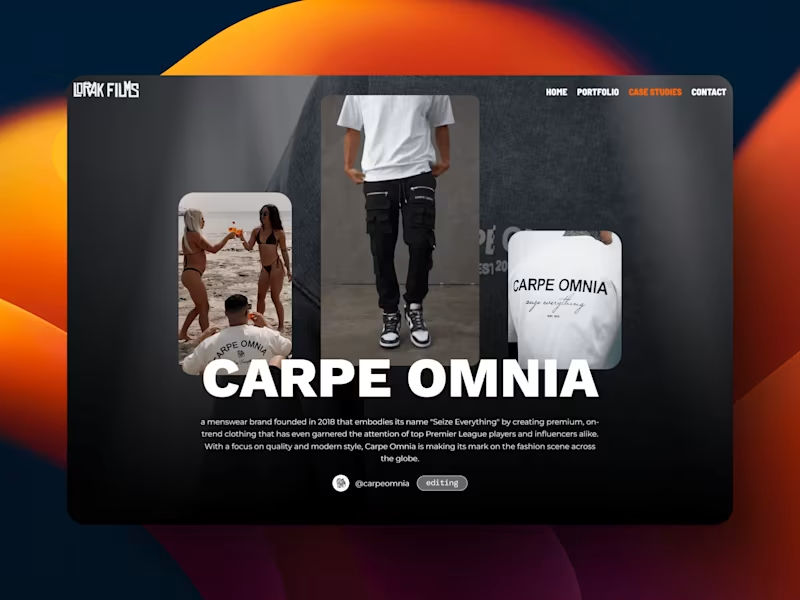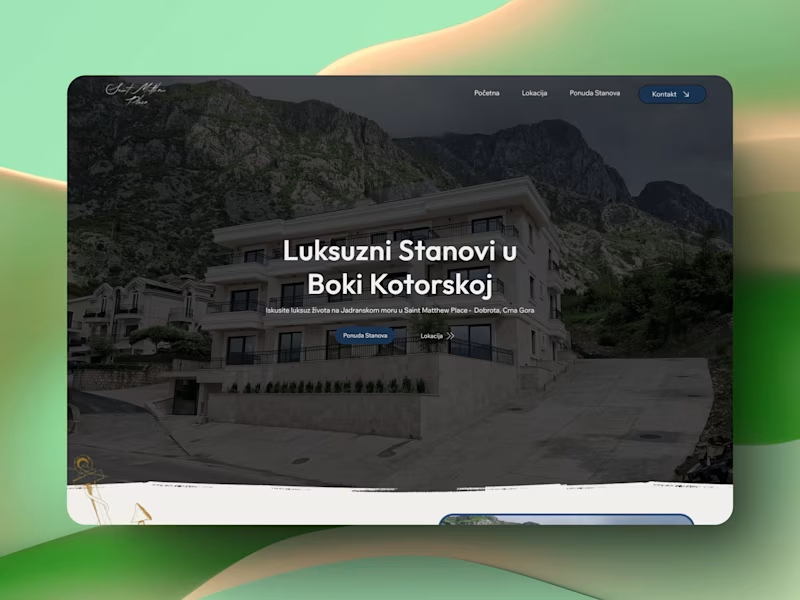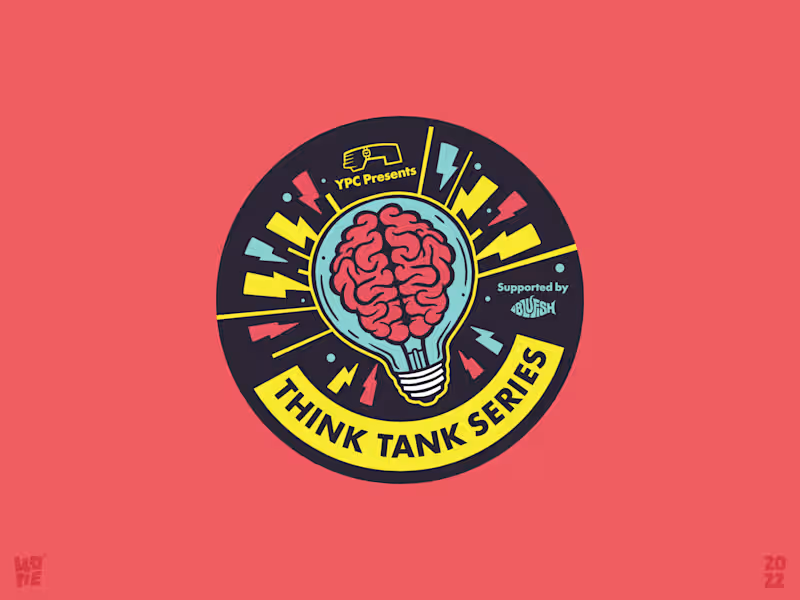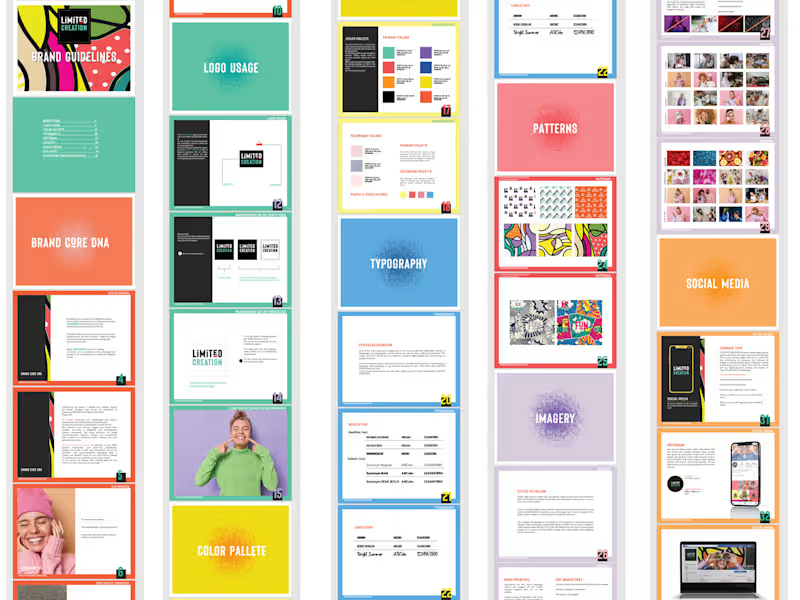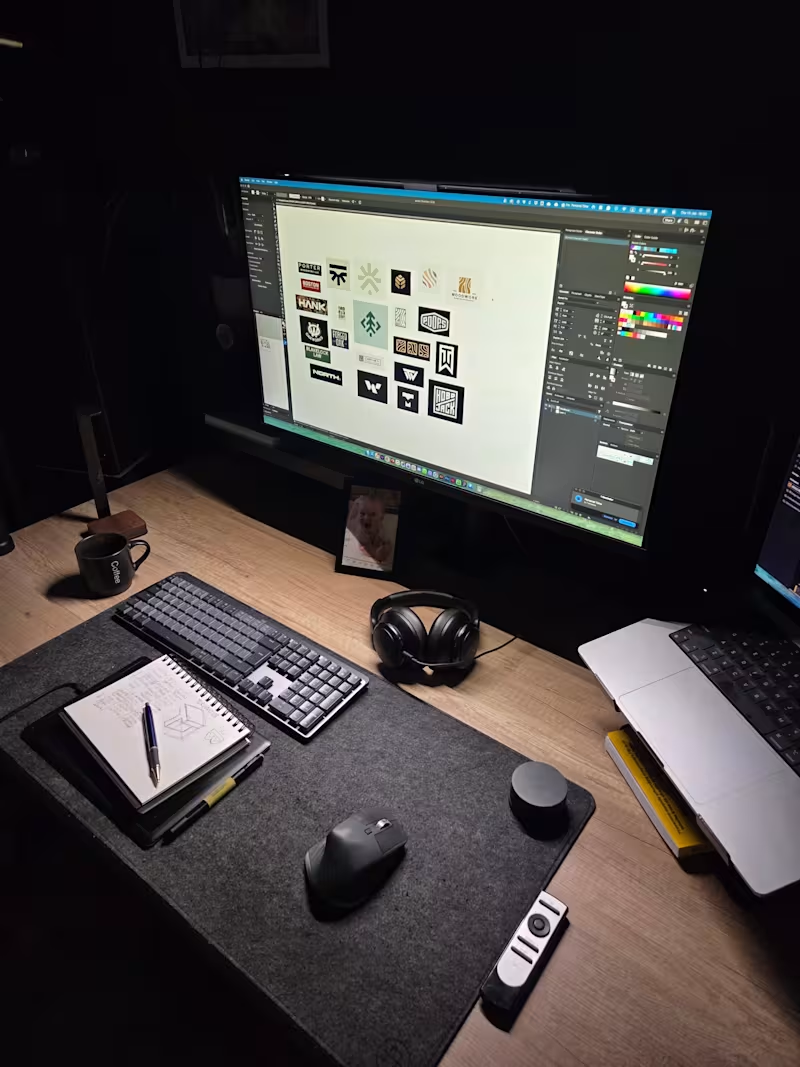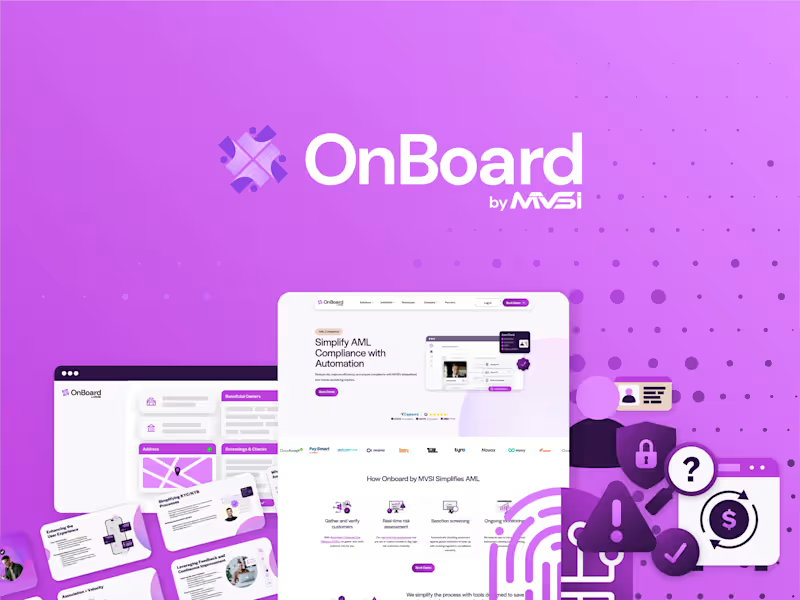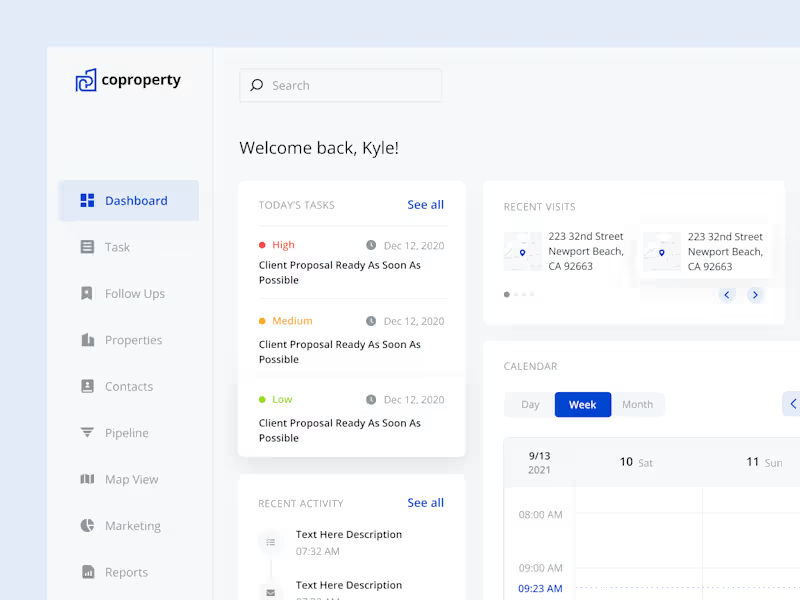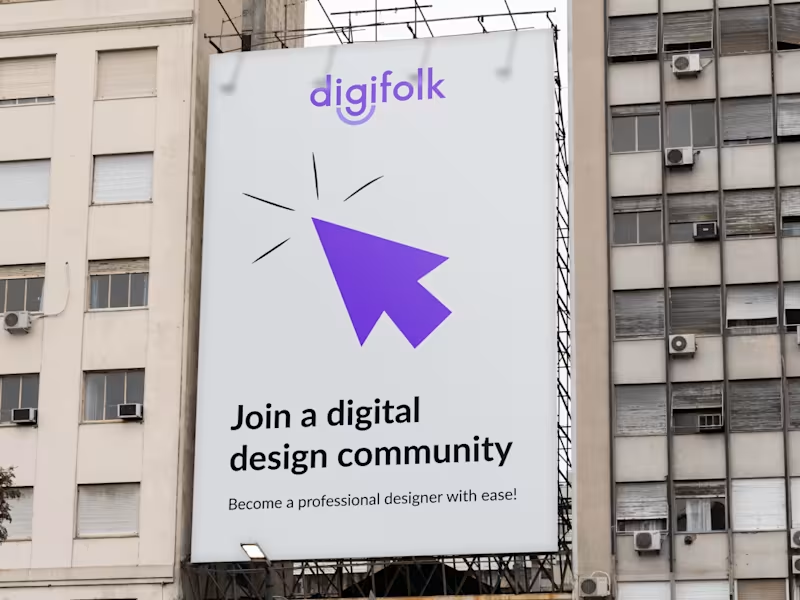What should I consider about the designer's past work?
When hiring a freelance graphic designer, look at their portfolio. Check if their style matches your project needs. Look for designs that catch your eye and seem unique. Consider if their previous work shows creativity and attention to detail. Past work is a good sign of what they can create for you.
How do I set clear project deliverables?
Clear deliverables help graphic designers know what's expected. Write down all the important details you want included. Be specific about the number of designs, colors, and any text. Talk about deadlines and how they will send the files. Clear directions can make the project go smoothly.
How can I evaluate a designer's communication skills?
Good communication is key when working with freelance graphic designers. Consider asking how they handle project updates. See how they respond to your messages or questions. Are they clear and easy to understand? A designer who communicates well can help prevent misunderstandings.
Why is understanding the designer's process important?
Each graphic designer might have their own way of working. Ask about their process to see how they plan to tackle your project. Knowing their steps from start to finish can give you confidence. Plus, if you understand their process, you can offer better feedback along the way. It's all about ensuring a good fit.
How can I tell if a designer understands my brand?
It's important that the graphic designer gets what your brand is all about. Discuss your brand's style, colors, and audience with them. See if they ask questions to truly understand. If they can describe your brand back to you correctly, that's a good sign. It means they can create designs that fit perfectly.
What should I know about the tools a designer uses?
Different designers use different tools for their work. Ask which software they prefer and if files will be in a format you can use. Knowing this can help you plan if you'll need special programs to view or edit. In Serbia, some designers might prefer local tools over global ones. Being aware can help ensure compatibility.
How do you ensure project timelines are realistic?
Setting a timeline helps everyone know when to expect the finished work. Talk with the designer about what they can realistically achieve. Consider their other projects and any unexpected delays. In Serbia, there may be local holidays that could affect timing. A realistic timeline helps set clear expectations.
Why is it important to discuss design revisions upfront?
Revisions are a normal part of any design process. Talk to the designer about how many changes they allow. Agreeing on this before starting can avoid surprises later. In Serbia, designers might have different practices, so clarify expectations. Knowing you can make changes helps you feel more comfortable about the project.
How can I ensure the project's scope is clearly defined?
Both you and the designer need to know exactly what the project includes. Write out all tasks and responsibilities at the start. Discuss the limits, so it's clear what is not part of the project. If you're working with a Serbian designer, be aware of any local phrases that might affect understanding. Clear project scope avoids confusion.
How can I build a strong relationship with the designer?
Building a good relationship with a freelance designer can lead to even better projects. Be respectful and give feedback kindly. Celebrate big successes together. Ask them about their work preferences and try to accommodate. A strong relationship often results in great design outcomes.
Who is Contra for?
Contra is designed for both freelancers (referred to as "independents") and clients. Freelancers can showcase their work, connect with clients, and manage projects commission-free. Clients can discover and hire top freelance talent for their projects.
What is the vision of Contra?
Contra aims to revolutionize the world of work by providing an all-in-one platform that empowers freelancers and clients to connect and collaborate seamlessly, eliminating traditional barriers and commission fees.








































